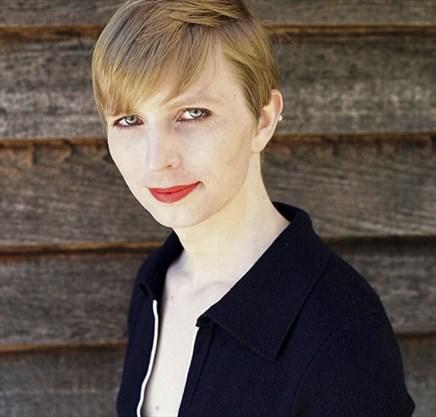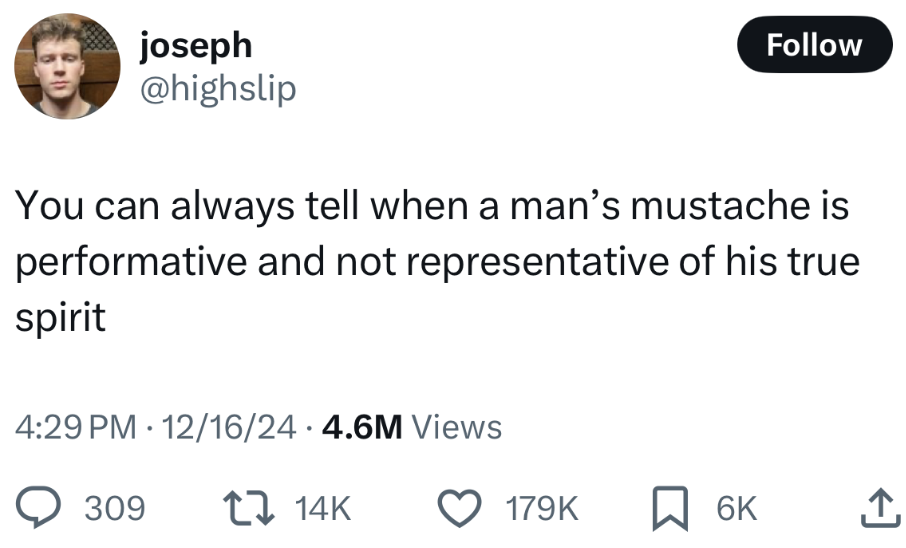The Institute of Politics at Harvard Kennedy School recently rescinded an offer to Chelsea Manning as a visiting fellow. In the Kennedy School’s announcement of her invitation to the fellowship, they described Manning as “a trans woman, [who] advocates for queer and transgender rights as @ xychelsea on Twitter. Following her court martial conviction in 2013 for releasing confidential military and State Department documents, President Obama commuted her 35-year sentence, citing it as “disproportionate” to the penalties faced by other whistleblowers.” After Manning’s invitation, CIA director Mike Pompeo dropped out of a speaking engagement at Harvard, which he says “has everything to do with her identity as a traitor to the United States of America and my loyalty to the officers of the CIA” Soon after, Dean Elmendorf of the Harvard Kennedy School called Manning to tell her she had been disinvited. Manning responded with several tweets saying “this is what a military/police/ intel state looks like the cia determines what is and is not taught at harvard #WeGotThis .” Harvard’s withdrawal of its fellowship offer to Chelsea Manning is a disappointing demonstration of the school’s unwillingness to engage with unpopular or unpleasant ideas.
Calling Chelsea Manning a traitor is a disingenuous representation of her actions, in which she informed the world and the American people of military acts being carried out in their name. However, even if Pompeo subscribes to the idea that Manning’s leaks were immoral, Harvard was not obligated to rescind Manning’s invitation at his request. Perhaps Harvard does not want to fall out of favor with potential donors and speakers who are involved with the military. Inviting Manning would have carried out Harvard’s motto “Veritas,” or “truth.” As a whistleblower, she made the world aware of U.S. military actions abroad including footage of a strike on New Baghdad referred to by Wikileaks as “Collateral Murder.” This footage showed two U.S. helicopters attacking a group of unarmed men, including two Reuters reporters.
In order for an institution to represent itself as seeking out the truth, it should be willing and eager to invite dissenting viewpoints and hear truths that may be unpleasant. The fact that Manning could bring to Harvard the reality of the United States’ military’s actions in Iraq and subsequent human rights abuses she faced in weeks of solitary confinement following her conviction were no doubt disagreeable to government officials like Pompeo. If they try to use their influence on the university to have her uninvited, that should be all the more reason to invite her. The director of the CIA should not be deciding what is and is not worthy of discussion at American universities.
Uninviting Chelsea Manning was a poor use of Harvard’s considerable influence. According to the school’s website, “The John F. Kennedy School of Government at Harvard University is a graduate and professional school that brings together students, scholars and practitioners who combine thought and action to make the world a better place.” As a former intelligence analyst who leaked documents from the wars in Iraq and Afghanistan, Manning is in a position to use her visibility and fame to draw attention to U.S. war crimes. The world could be a better place for knowing and discussing the atrocities of war and using that discussion to make them less frequent.
Dean Elmendorf wrote in his statement that in disinviting Manning, he was clarifying that Harvard did not intend to honor or endorse her. Judging by the year’s current list of fellows, which includes Sean Spicer and Corey Lewandowski, Harvard believes these men are worthy of discussion while Manning is not. Chelsea Manning’s fellowship could have been a sign of Harvard’s willingness to discuss controversial and uncomfortable topics with meaningful speakers but, with her disinvitation, they have failed at their own mission.




